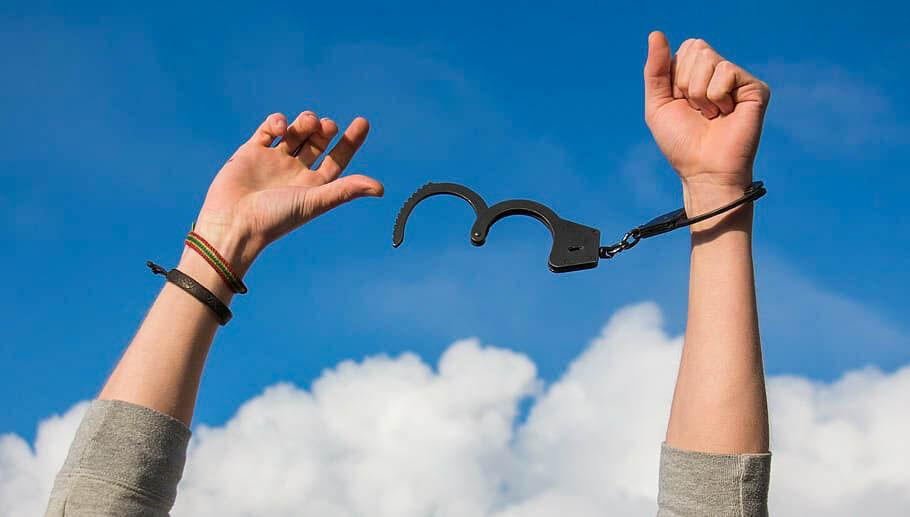The recent election was one of the most closely watched and highly anticipated events of our time. Though the reason for this was obviously the presidential race, many other big changes came about through various propositions and ballot measures. One of the most notable was Oregon’s Measure 110. This measure decriminalized the non-commercial possession of controlled substances in Oregon. It reduced the penalty for possession of these drugs to a maximum of a $100 fine. The measure also allocated resources to addiction recovery centers and implemented harm reduction strategies. It passed by a 17 percent margin and marks the first total decriminalization measure enacted in the United States.
America’s substance abuse policies are the Hindenburg disaster of substance abuse policies. The War on Drugs is one of America’s most harmful domestic policies. The way we deal with drugs in the U.S. has done immense harm to the most vulnerable populations, has ruined lives and torn families apart. In many cases, our drug enforcement policies can be more dangerous than the drugs themselves.
In the U.S. half a million people — one out of every five prisoners — are currently incarcerated for drug offenses. Most Americans agree that we need to change our approach. Oregon’s decriminalization policy should serve as an example for the rest of America for how to move forward. Substance abuse needs to be recognized as a public health issue, not a crime.
Personally, this has always been an important issue for me. I’ve seen firsthand the harm drug abuse can have on families and how our current way our country deals with it causes unnecessary damage to victims. Instead of addressing the root of the issue and helping otherwise good people who have problems, criminalization encourages predatory policing and discourages people from seeking help. My experiences have only made my convictions concrete. I can see how it may sound counterintuitive for people not affected by these issues, but other countries have tested and proven decriminalization’s effectiveness.
In the 1990s, Portugal had a serious heroin issue. Drug use was common across all social classes and people would openly use them in public, leaving dirty syringes littering street corners and gutters. Around one percent of the population was addicted and HIV rates were the highest in the European Union. In 2001, Portugal became the first country in the world to decriminalize all drug use. Along with that, a harm reduction initiative was created to ensure that users had access to the resources needed to help them. They were given clean needles, medical treatment and therapy. Thanks to these policies, the social cost of drug misuse in Portugal has fallen by 18 percent. New HIV diagnoses dropped 95 percent by 2013 and drug overdoses dropped 80 percent by 2012. You can’t argue with those results.
Other countries like the Netherlands, Czechia and Switzerland have implemented similar policies with similar success.
People are going to use drugs, whether you like it or not. In the interest of public health and common good, it’s better to ensure they can do so safely and cleanly rather than create a much more dangerous environment for them.
America’s criminalization of drugs pushes users and addicts into the background of society. They’re forced to only engage with others in the same situation as them or people looking to exploit them. This underworld creates a situation where criminality is the only way people can survive. If your entire lifestyle centers around a criminal act then you’re only going to be able to surround yourself with criminals. Drug criminalization facilitates burglary, prostitution and creates volatile situations that lead to more violent crimes. Decriminalizing drug use and providing clean, safe spaces and resources for users frees them from having to rely on illegal methods, and reduces crime all around. It’s also much cheaper. It costs $10,000 to treat an individual under Oregon’s Measure 110, while it costs $30,000 to arrest, prosecute and jail someone for a drug offense.
Drug decriminalization is not only an ethical solution, it’s a pragmatic solution. It makes life better for everyone.
Zachary Freeman is an anthropology junior and opinion writer for The Battalion.





















